The United Nations has issued a warning urging restraint in Libya after renewed fighting broke out in Tripoli, just one day after authorities had claimed to have restored order in the capital, as per Al Jazeera.
The UN Mission in Libya (UNSMIL) expressed concern that the escalating violence could “spiral out of control” and called for an immediate and unconditional ceasefire. In a statement posted on X (formerly Twitter), UNSMIL emphasized the need for safe corridors to evacuate civilians trapped in areas of intense conflict.
“Attacking and damaging civilian infrastructure, physically harming civilians, and jeopardising the lives and safety of the population may constitute crimes under international law,” the statement read. “Those responsible will be held accountable.”
The clashes have pitted the Rada militia against the 444 Brigade, a group loyal to Prime Minister Abdulhamid al-Dbeibah. Fighting has erupted in several key districts, including the capital’s port, with reports of “urban warfare” involving small to medium-caliber weapons in residential areas, according to security sources cited by AFP.
The violence appeared to subside late on Wednesday after the government announced a truce.
“Regular forces, in coordination with the relevant security authorities, have begun taking the necessary measures to ensure calm, including the deployment of neutral units,” the Ministry of Defence said in a statement.
The latest bout of violence began Monday night following unconfirmed reports of the death of Abdelghani al-Kikli, the influential head of the Support and Stability Apparatus (SSA), a militia controlling the southern Abu Salim district. Local authorities reported that at least six people were killed in the initial clashes.
Prime Minister al-Dbeibah has ordered the dismantling of what he termed “irregular armed groups,” including the powerful Rada militia. In recent days, forces loyal to the prime minister — including the 444 and 111 Brigades — have seized SSA-controlled territory, leaving Rada as the last major faction outside government control.
Libya has remained fragmented and unstable since the 2011 NATO-backed uprising that ousted longtime ruler Muammar Gaddafi. The country has been effectively split since 2014, with a UN-recognized government in Tripoli led by al-Dbeibah and a rival administration based in the east under the control of military commander Khalifa Haftar and his Libyan National Army.
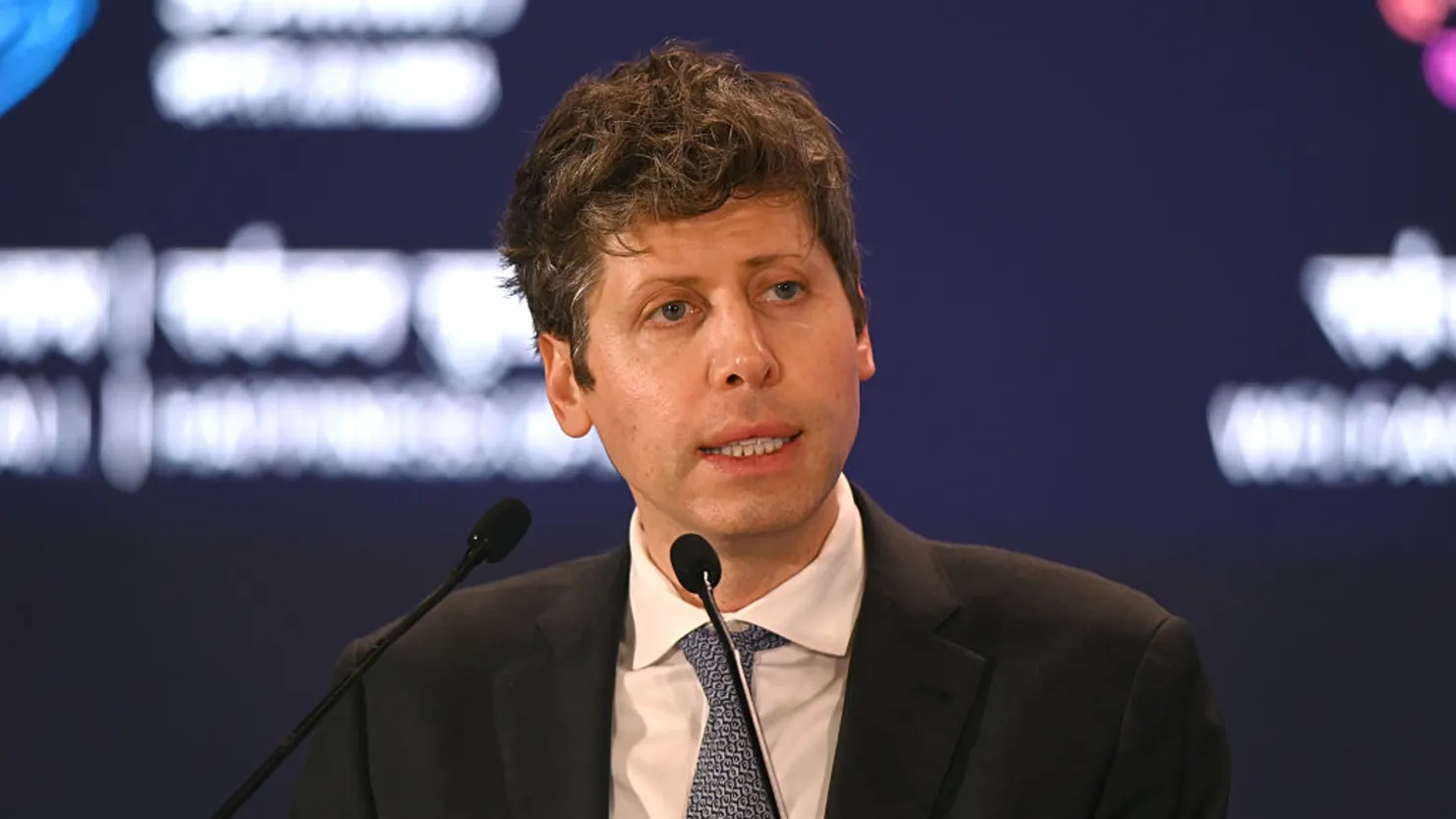
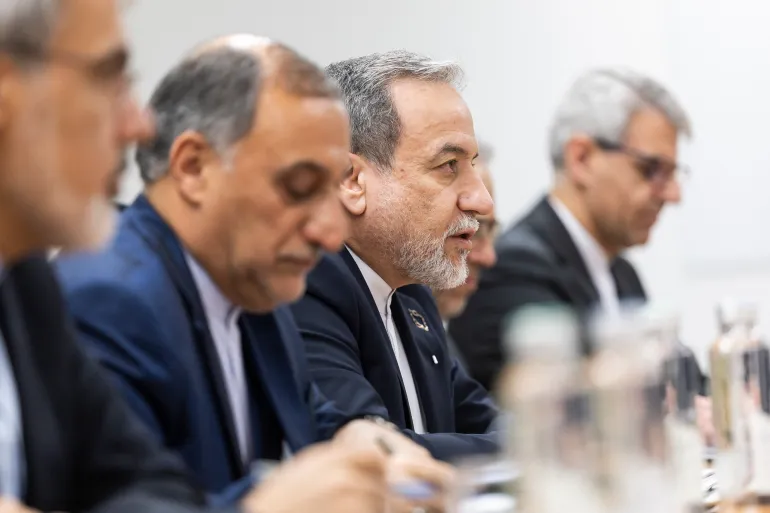

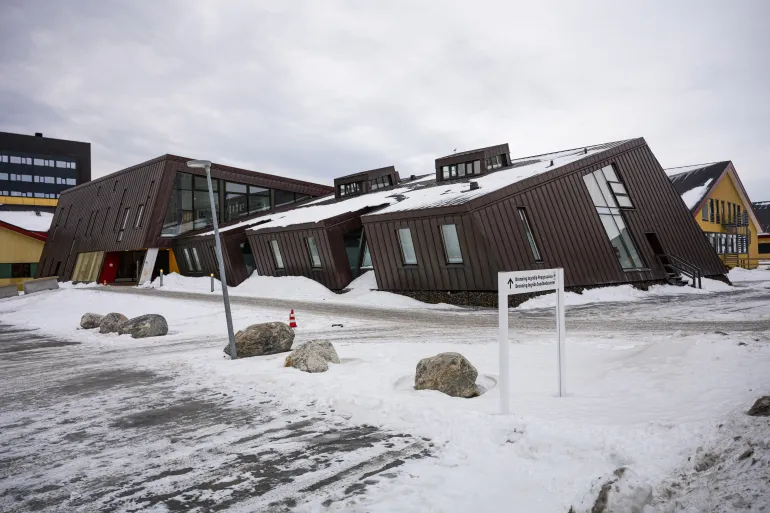
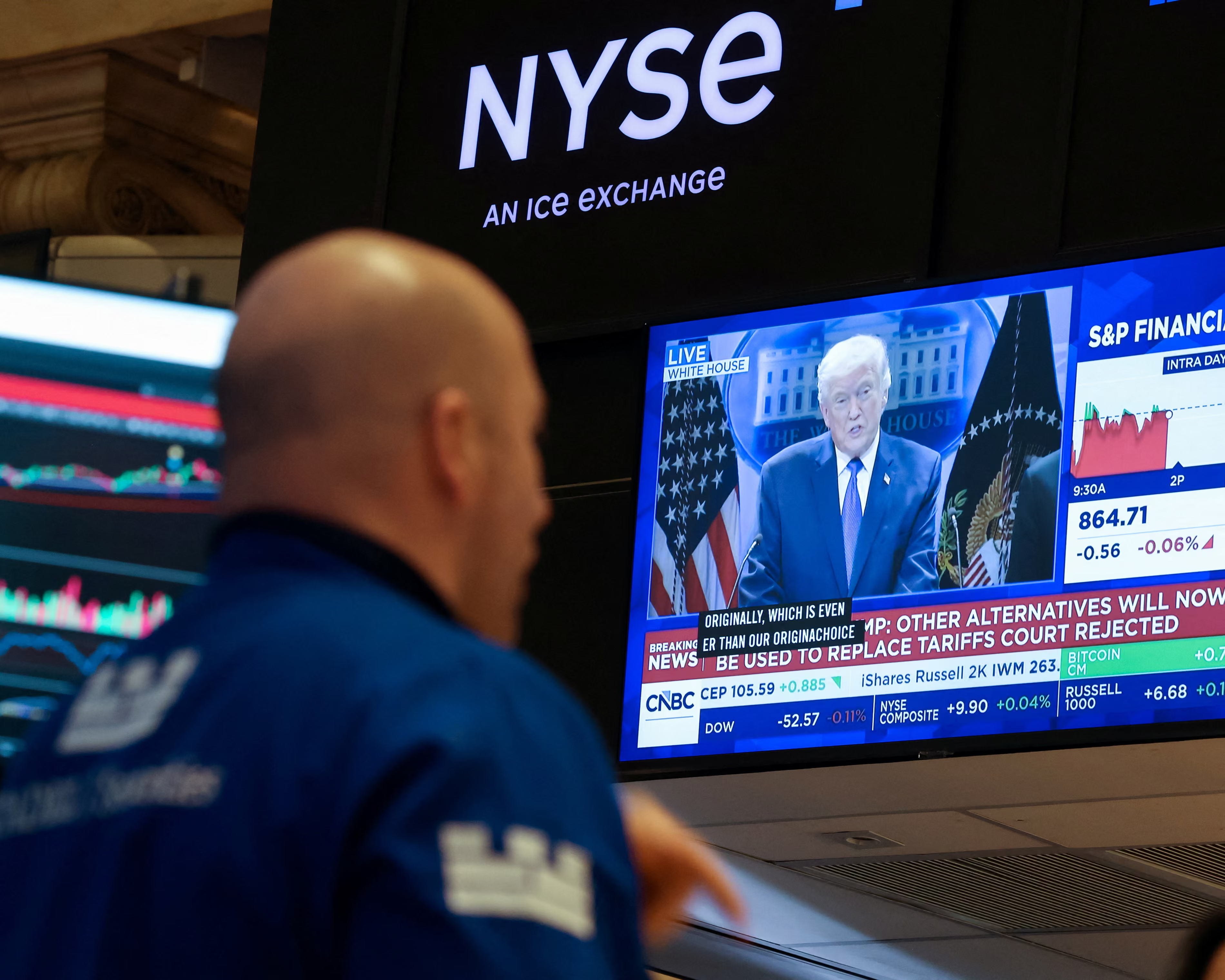
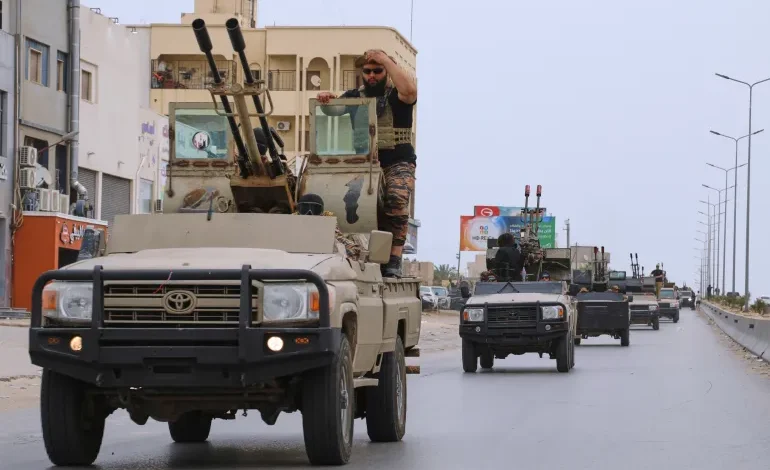




The latest news in your social feeds
Subscribe to our social media platforms to stay tuned